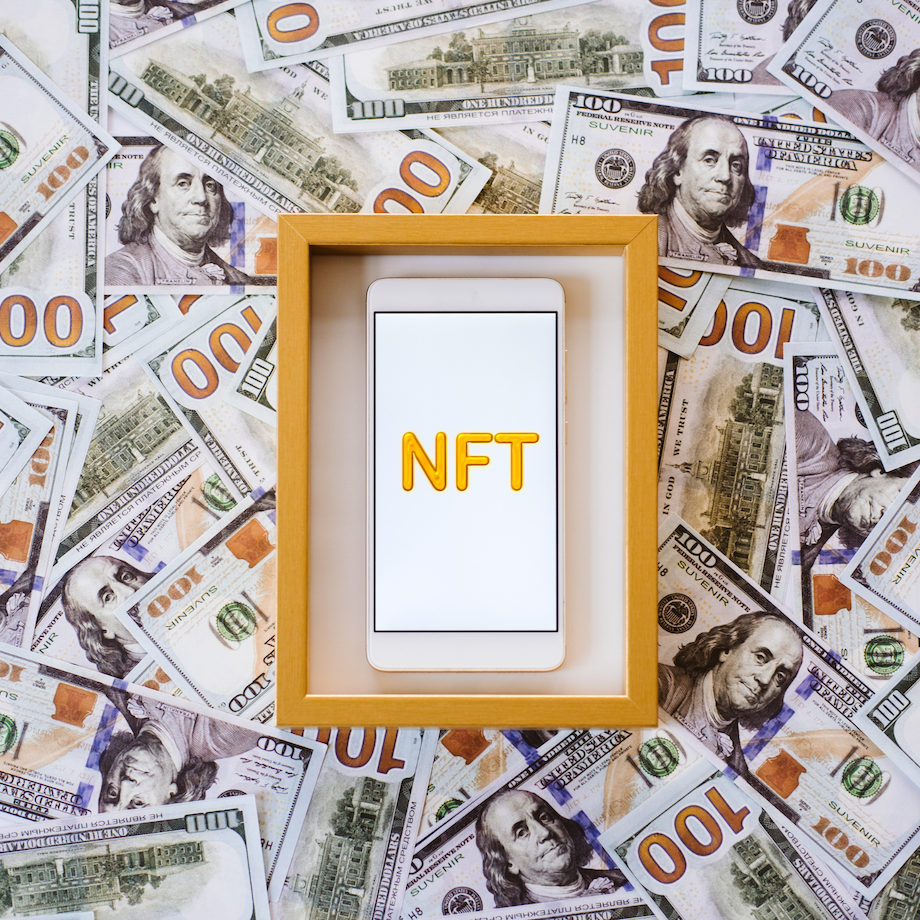09 Jun The ABCs Of NFTs
The fascination and emerging growth of cryptocurrency (such as Bitcoin) has resulted in a new investing platform – NFTs. Hundreds of millions are now invested (over $1 billion in sales) in the NFT (non-fungible token) cryptocurrency blockchain marketplace.

NFTs are digital tokens that are identifiable and authenticated digital assets in which the creator of the digital image (typically art, music, trading cards, etc. or other collectible items) gives a digital certificate of authenticity to the buyer. The buyer gets a verifiable digital token which is purchased by a cryptocurrency blockchain such as Ethereum. A ledger of permanent transaction records of digital transactions using the cryptocurrency are kept on a ledger.
The investor is buying an authentication of a digital asset that is generally a collectible that the buyer hopes will increase in value which is determined by what someone else is willing to pay. As an example, famed quarterback Tom Brady launched an NFT platform in April called Autograph which will sell digital sports media (which will undoubtedly include many items from him and other NFL players or former players).
The high-end auctioneer Christie’s sold a piece of digital art by an artist named Beeple for $69.3 million in March 2022.
The creator of the digital asset can determine the royalty amount received every time the NFT is copied and sold on the secondary market. Creators have the right to require permission if a buyer wants to make copies of an NFT.
Since NFTs are considered an alternative investment by the IRS as a collectible, the maximum capital gains tax rate is 28% instead of 20% which is normally the maximum capital gains tax rate on assets that have appreciated in value.
When doing estate planning for NFTs, it is important that the owner give instructions to their fiduciary on how to obtain access to the cryptocurrency on the blockchain. As technology changes, so does estate planning.
If interested in learning more about this article or other estate planning, Medicaid and public benefits planning, probate, etc., attend one of our free upcoming virtual or in person Estate Planning Essentials workshops by clicking here or calling 214-720-0102. We make it simple to attend and it is without obligation.










